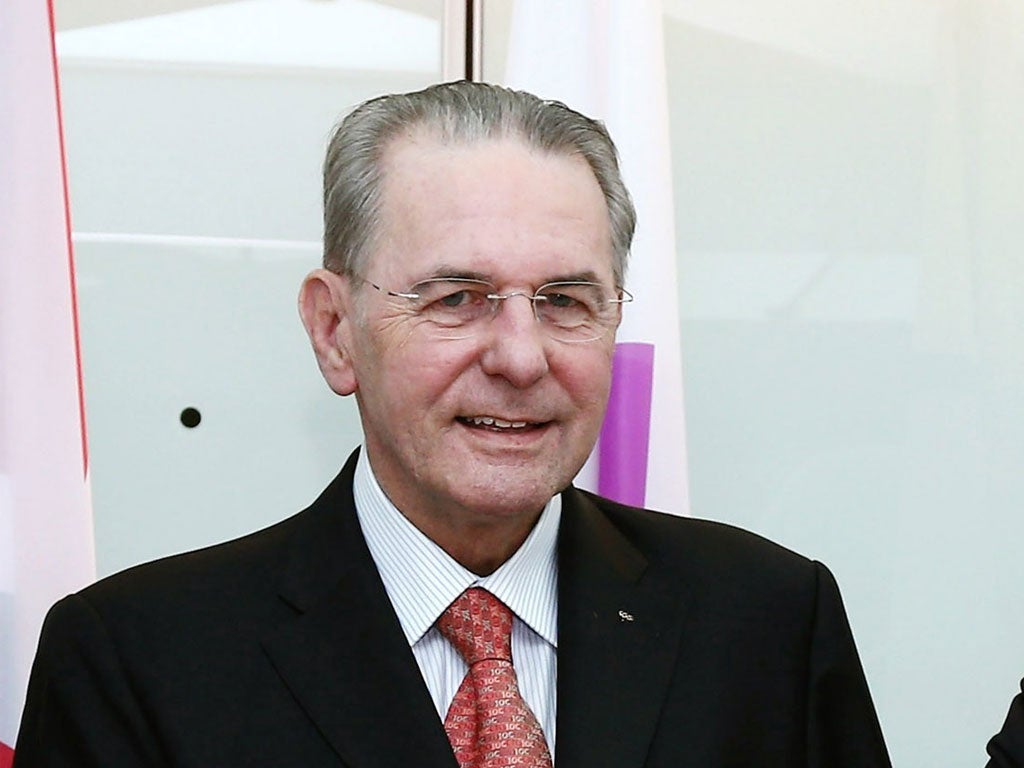
Your support helps us to tell the story
This election is still a dead heat, according to most polls. In a fight with such wafer-thin margins, we need reporters on the ground talking to the people Trump and Harris are courting. Your support allows us to keep sending journalists to the story.
The Independent is trusted by 27 million Americans from across the entire political spectrum every month. Unlike many other quality news outlets, we choose not to lock you out of our reporting and analysis with paywalls. But quality journalism must still be paid for.
Help us keep bring these critical stories to light. Your support makes all the difference.
First came the athletes, now the grandees. The leaders of the International Olympic Committee will meet in London today to discuss allegations of multimillion-pound corruption against one of its most prominent former members.
The 14-strong executive board of the governing body of the Olympics will meet at the five-star Hilton Hotel against a backdrop of protests and claims of inappropriate behaviour against some of its delegates.
The IOC said it would consider a report released last week by Swiss prosecutors that found Joao Havelange, the former president of world football's governing body, Fifa, took multimillion-pound bribes linked to the World Cup. Mr Havelange, 94, who was accused of accepting huge bungs in the 1990s, resigned from the IOC last December before its ethics committee was due to hold a hearing into the affair.
Jacques Rogge, the IOC president, this week ruled out sanctions against Mr Havelange, saying he was not part of the "Olympic Family".
The Olympic blazerati will be relieved not to be dealing with any new corruption allegations before the opening of London 2012. But the organisation, whose revenues have grown to £3.9bn over the past four years, continues to face criticism that it is tainted by the actions of wayward members and committees.
It is investigating claims that 27 Olympic national committee officials and agents breached rules on ticket sales for the London Games, in some cases offering tickets for re-sale at 10 times their face value.
The claims are being investigated by the IOC's ethics committee, the body set up after the Salt Lake City scandal in which IOC members allegedly took perks worth millions of dollars in the bidding for the 2002 Winter Olympics. As a result, 10 IOC members were expelled and a further 10 sanctioned.
Since then, at least three other IOC delegates have been expelled, including Ivan Slavkov, a Bulgarian, in 2005 after he was recorded offering the votes of colleagues. But others, including former French sports minister Guy Drut, who was given a suspended prison sentence in 2005 for accepting payment for a fictitious job before being amnestied, remain in post.
The IOC is considered to have taken action to clean up its processes while other bodies, such as Fifa, remain under pressure to increase transparency of their operations.
Join our commenting forum
Join thought-provoking conversations, follow other Independent readers and see their replies
Comments